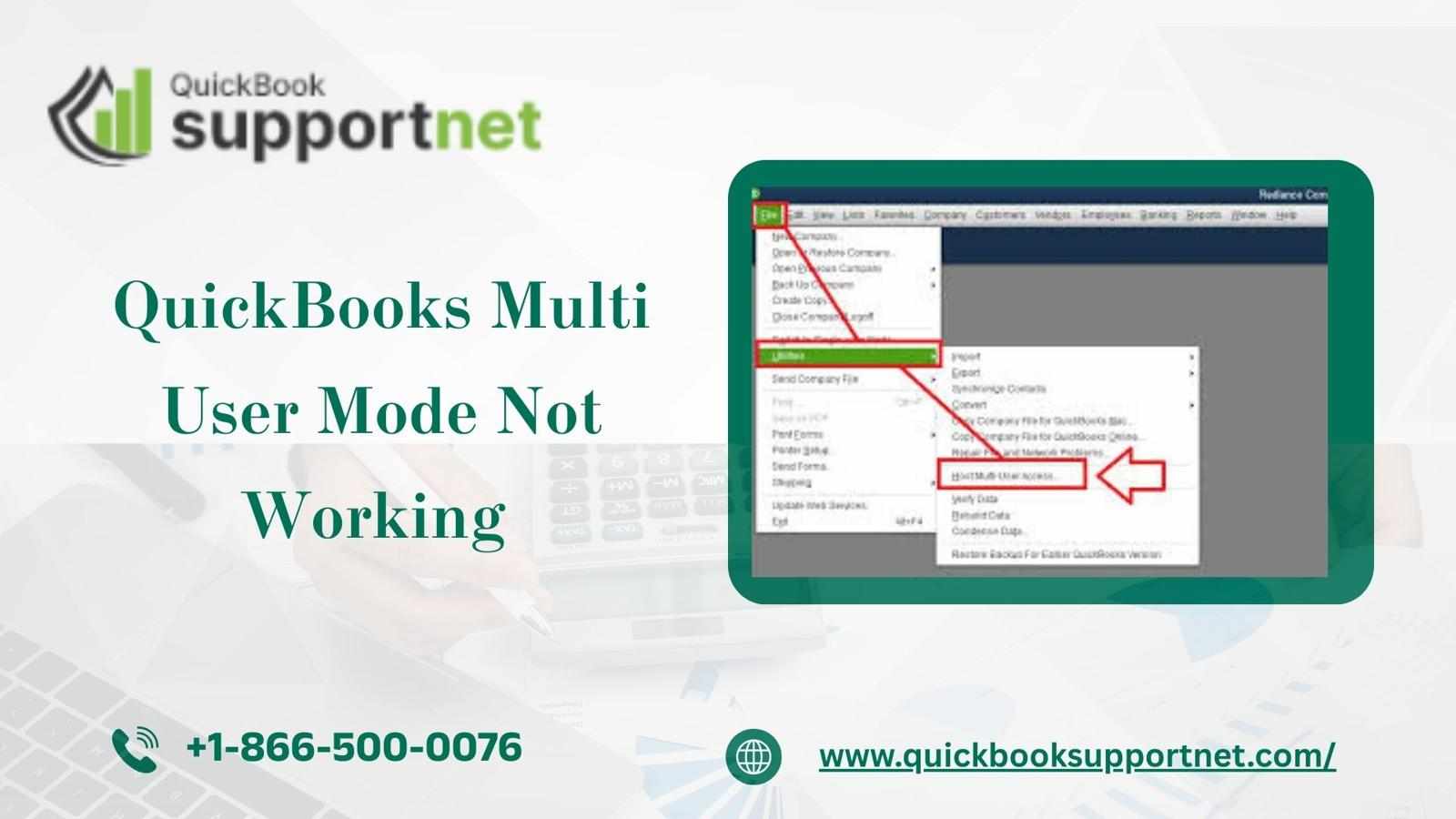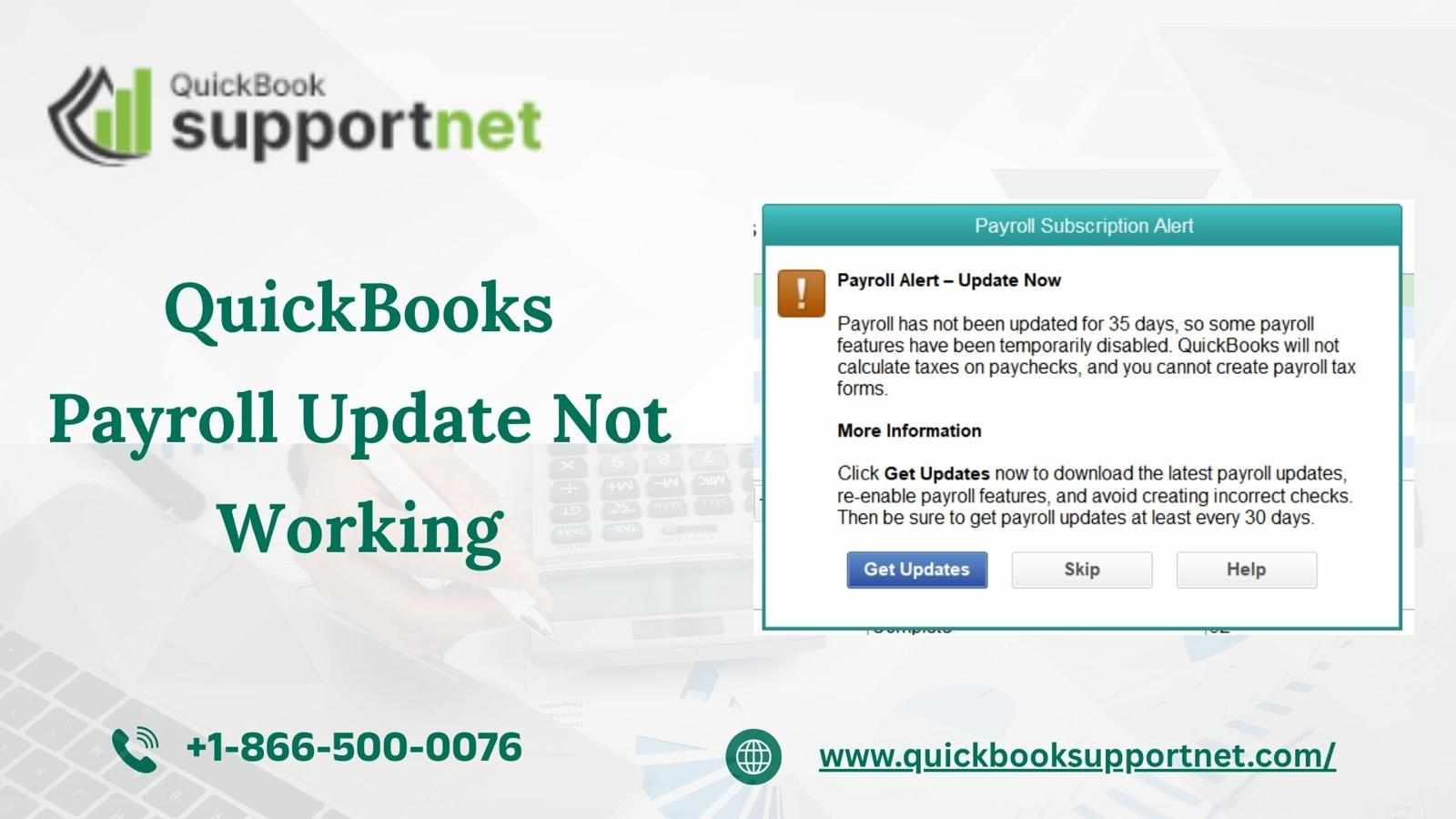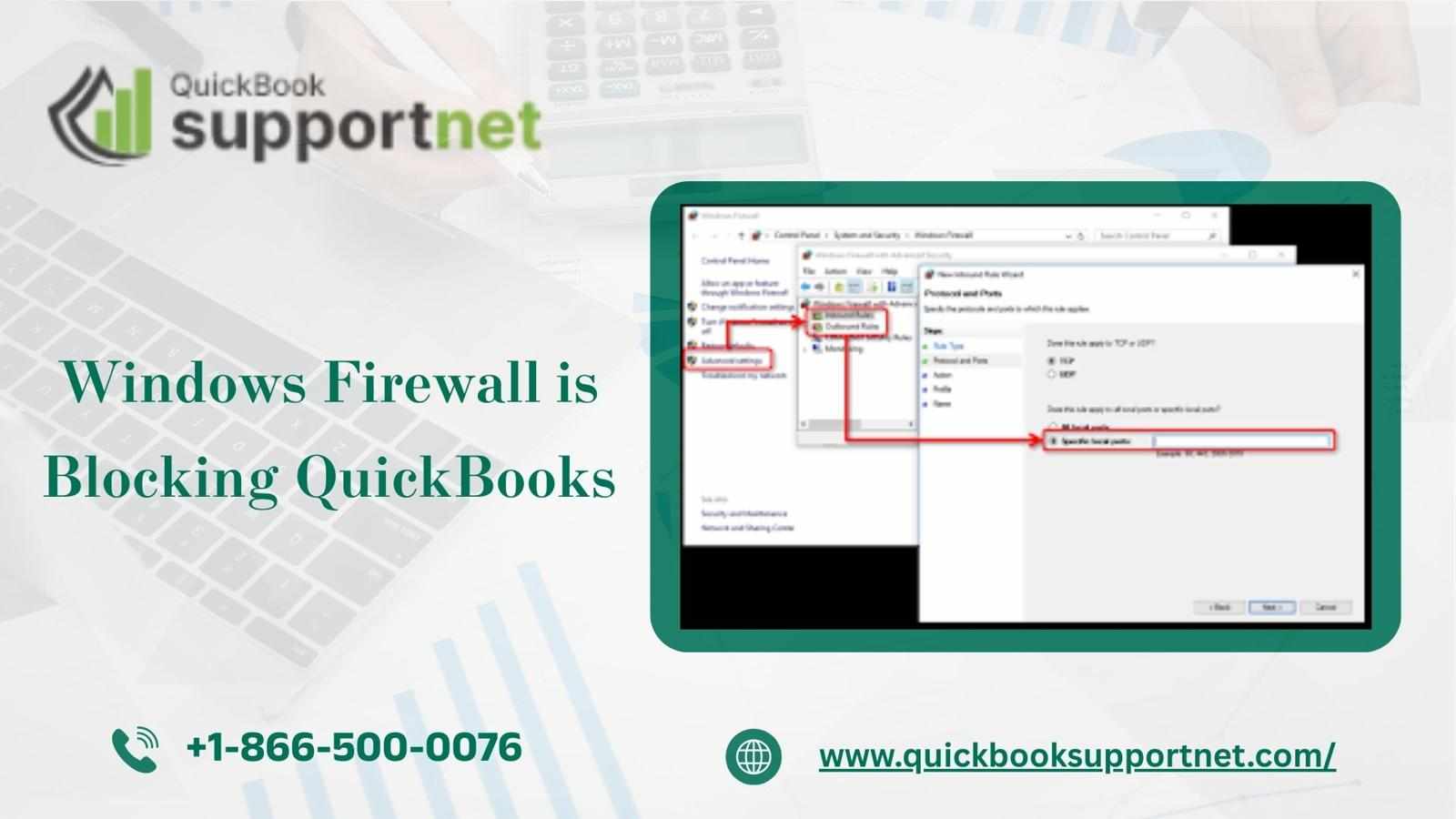QuickBooks is one of the most widely used accounting software solutions globally, enabling businesses to manage finances, payroll, and reporting efficiently. However, like any software, it can sometimes face performance issues due to external factors, such as antivirus programs. One common solution to prevent disruptions is creating QuickBooks antivirus exclusions. This article delves deep into the concept, importance, and step-by-step procedures for setting up antivirus exclusions in QuickBooks to ensure seamless operations.
Discover how to set up QuickBooks antivirus exclusions to avoid conflicts and ensure smooth operations. For assistance, call +1-866-500-0076.

What are QuickBooks Antivirus Exclusions?
QuickBooks antivirus exclusions are specific settings in antivirus or firewall programs that prevent the software from interfering with QuickBooks files and processes. Antivirus programs are designed to scan, block, or remove files deemed suspicious, but sometimes they can mistakenly flag QuickBooks files, causing performance issues such as slow loading, freezing, or even crashes.
By setting up a quickbooks antivirus exclusion, you instruct your antivirus program to ignore specific QuickBooks-related files, folders, and processes. This ensures that essential QuickBooks functions, including payroll processing, database management, and reporting, run smoothly without interruption.
Why Are QuickBooks Antivirus Exclusions Necessary?
Antivirus programs are essential for system security but can sometimes conflict with applications like QuickBooks. Here’s why creating QuickBooks antivirus exclusion is critical:
Avoid Data Corruption: Antivirus scanning can sometimes lock QuickBooks files while in use, leading to data corruption. Excluding QuickBooks ensures that files remain accessible.
Prevent Software Freezes: Real-time scanning can slow down or freeze QuickBooks operations, affecting workflow efficiency.
Smooth Payroll Processing: Payroll functions involve sensitive files. Antivirus interference can cause errors in calculations or file generation.
Maintain Performance: Regular antivirus scans can impact QuickBooks speed. Exclusions help maintain optimal performance.
Reduce Error Codes: Several QuickBooks errors, such as 6000 series or 8000 series, may occur due to antivirus interference. Setting up exclusions can prevent these issues.
Read This Blog: QuickBooks Hosting Mode is Off
How to Create QuickBooks Antivirus Exclusion: Step-by-Step
Creating a quickbooks antivirus exclusion involves identifying all critical QuickBooks files, folders, and processes, then configuring your antivirus software to exclude them. Although the exact steps vary depending on your antivirus program, the general procedure remains consistent.
Step 1: Identify Important QuickBooks Files and Folders
Before creating exclusions, identify the key files and directories that QuickBooks uses. Common locations include:
QuickBooks installation folder (usually C:\Program Files\Intuit\QuickBooks <year>)
Company file folder (commonly .QBW files)
Backup folder
Transaction log files (.TLG)
Network data files (if using QuickBooks in multi-user mode)
Temp files used during operations
Step 2: Locate QuickBooks Processes
Some antivirus programs require process-level exclusions. Key QuickBooks processes include:
QBDBMgrN.exe(QuickBooks Database Server Manager)QBW32.exe(QuickBooks application executable)QBCFMonitorService.exe(QuickBooks Company File Monitoring Service)QBUpdate.exe(QuickBooks Update Service)
Step 3: Configure Antivirus Exclusions
Depending on the antivirus software you are using, the steps may differ slightly. Here’s a generic guide:
Open your antivirus software.
Navigate to the Settings or Exclusions section.
Choose Add Exclusion or Exception.
Select File/Folder/Process depending on your antivirus program.
Browse to the QuickBooks folders and files, and add them.
Include the key processes listed above.
Save changes and restart your computer for the settings to take effect.
For specific antivirus programs, you can usually find detailed exclusion guides in their support sections or by calling QuickBooks support at +1-866-500-0076.
Common QuickBooks Antivirus Exclusion Challenges
While creating quickbooks antivirus exclusion can significantly reduce software conflicts, some users encounter challenges:
Antivirus Updates Reset Exclusions: Some antivirus programs revert to default settings after updates. Regularly check exclusions to ensure they remain intact.
Multi-User Environment Conflicts: In multi-user mode, database files may reside on a server. Ensure the server’s antivirus also excludes QuickBooks files.
Misidentifying Critical Files: Excluding the wrong files can compromise security or fail to resolve performance issues.
Firewall Conflicts: Exclusions may not always address network communication issues. Configuring firewall exceptions may also be necessary.
Best Practices for QuickBooks Antivirus Exclusions
To ensure optimal performance and minimal security risk, follow these best practices:
Regularly Update QuickBooks: Ensure you are running the latest version to benefit from performance improvements and security patches.
Verify File Locations: Double-check the file paths and folder locations to avoid missing critical files.
Check Antivirus Logs: Monitor antivirus logs for blocked QuickBooks files, which can indicate files needing exclusion.
Backup Your Data: Always back up company files before modifying antivirus or firewall settings.
Consult Support Experts: For complex configurations or troubleshooting, call +1-866-500-0076 for professional guidance.
Benefits of Creating QuickBooks Antivirus Exclusions
Implementing antivirus exclusions for QuickBooks offers several advantages:
Enhanced Software Stability: Reduced interference ensures QuickBooks runs without unexpected crashes.
Faster Performance: Eliminates delays caused by antivirus scanning during QuickBooks operations.
Improved Data Integrity: Minimizes the risk of file corruption caused by locked or quarantined files.
Reliable Payroll and Reporting: Ensures payroll processing, tax calculations, and report generation are accurate.
Error Prevention: Reduces errors like 6000 series, 8000 series, and update issues that may arise from antivirus conflicts.
Additional Tips for Smooth QuickBooks Operation
Apart from antivirus exclusions, consider these tips:
Regularly Update Antivirus: Keep antivirus definitions current but monitor changes that may override exclusions.
Use QuickBooks Tool Hub: This tool can diagnose and fix common issues related to QuickBooks operations.
Network Configuration: In multi-user setups, configure the Database Server Manager to allow seamless communication between workstations.
Professional Help: Persistent issues may require expert assistance. Call +1-866-500-0076 for dedicated QuickBooks support.
Conclusion
QuickBooks antivirus exclusions are a critical aspect of maintaining a smooth, efficient accounting environment. By following proper procedures to create quickbooks antivirus exclusion, businesses can prevent conflicts, reduce errors, and optimize performance. Always ensure you identify all crucial files, processes, and folders, configure your antivirus settings correctly, and monitor them regularly to maintain smooth operations.
For comprehensive guidance and troubleshooting, visit quickbooksupportnet. Their expert team can assist in creating and managing QuickBooks antivirus exclusions efficiently. Alternatively, you can call their support number +1-866-500-0076 for immediate assistance.
Read More: Fix QuickBooks Missing PDF Component | Windows 10/11 Solutions 2025

![QuickBooks Desktop Pro 2024 Download & Installation Guide [2025]](https://stck.me/static/site/client/assets/no-image-58ac9749.png)








Write a comment ...